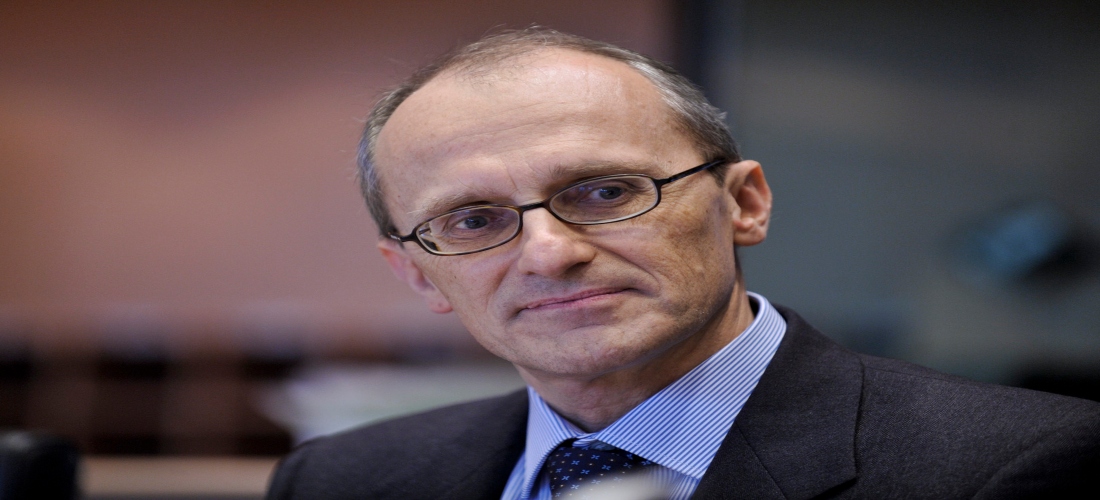NEWS

The EP votes on the appointment of the President of the Supervisory Board of the ECB
MEPs backed Andrea Enria on November 29 to be the new president of the body responsible for overseeing the health of the largest banks in the European Union.
The current director of the European Banking Authority, Andrea Enria, was supported by the Economic Affairs commission to fill the new position on November 20. This 57-year-old Italian will need the Council's approval to replace, from January 1, 2019, the current president of the ECB Supervisory Board, Danièle Nouy.
European banking supervision
The European Central Bank started with the supervisory functions in 2014 as a first step towards the establishment of the banking union in Europe. Before, all banks were subject to the control of their national authorities. The decision to establish a single surveillance mechanism placed the most important banks in the euro area under the direct supervision of the ECB.
This initiative seeks to guarantee the solvency of the banks, which all meet the same requirements to ensure the stability of the system.
The council currently monitors 188 banks, but the list is updated frequently. These financial institutions are the most important in each country and have more than 30,000 million euros in total assets or significant cross-border operations. The rest of the banks remain under the supervision of the national banking authorities.
As a supervisor, the European Central Bank can carry out inspections to check if banks comply with European standards, verify that they reserve additional capital to mitigate risks and even withdraw bank licenses.
The European banking institution reports to the Parliament on the execution of its tasks. Write an annual report and present it to MEPs at a public hearing. In addition, the chairman of the supervisory board regularly attends the Economic Affairs commission to answer the members' questions.
Work to do
The financial and economic crisis that began in 2008 affected many European banks and some still work to deal with loans that are not being paid.
In his statement to the Parliament's Economic Affairs Committee on November 20, Enria explained that his two priorities for his possible new position are to clean up non-functioning assets from bank balance sheets and promote integration into the sector. "The banking union will not survive if the next crisis still catches us dealing with a legacy of bad assets from the previous one or with a segmented market along national lines," he said.
Enria also tried to dispel the idea that banks may be too big for them to go bankrupt: "Banks can fail ... bank default doesn't have to be a supervisor's failure."



